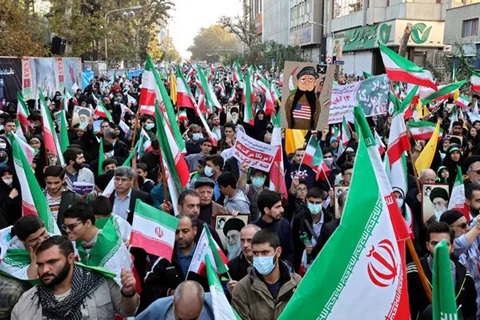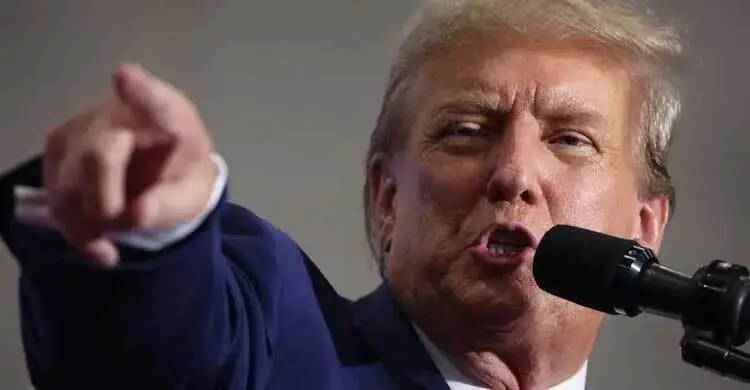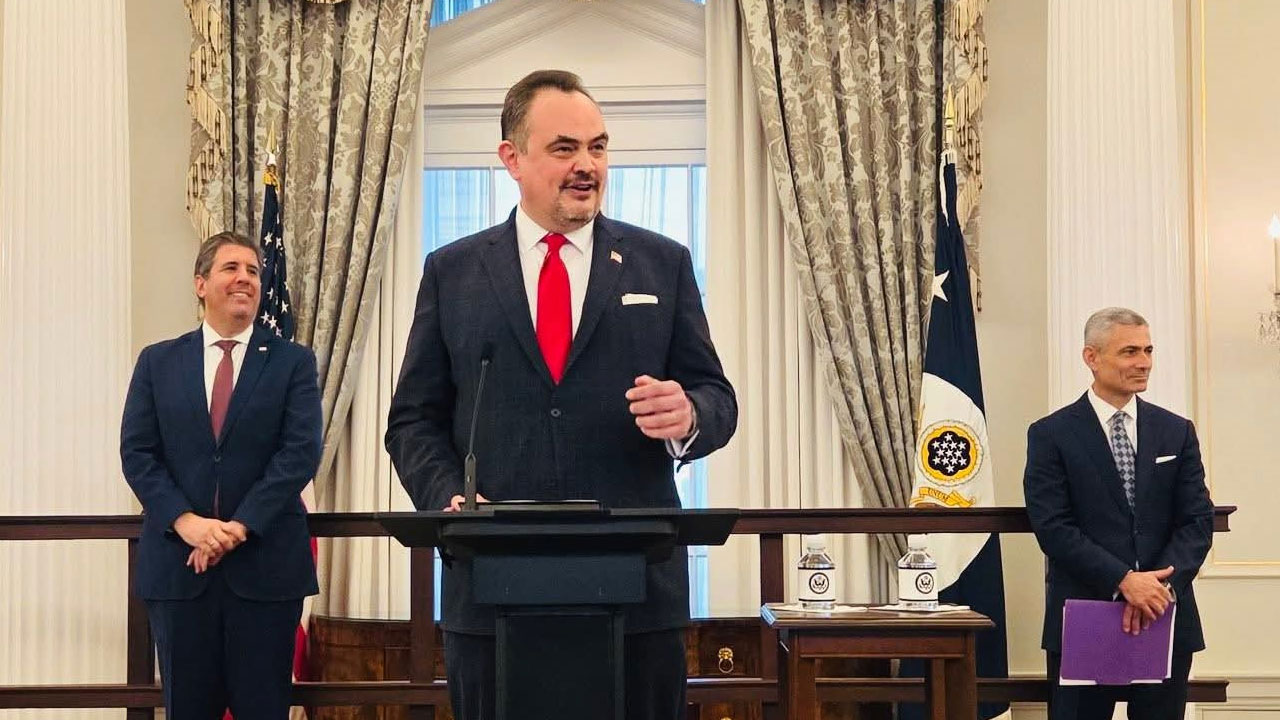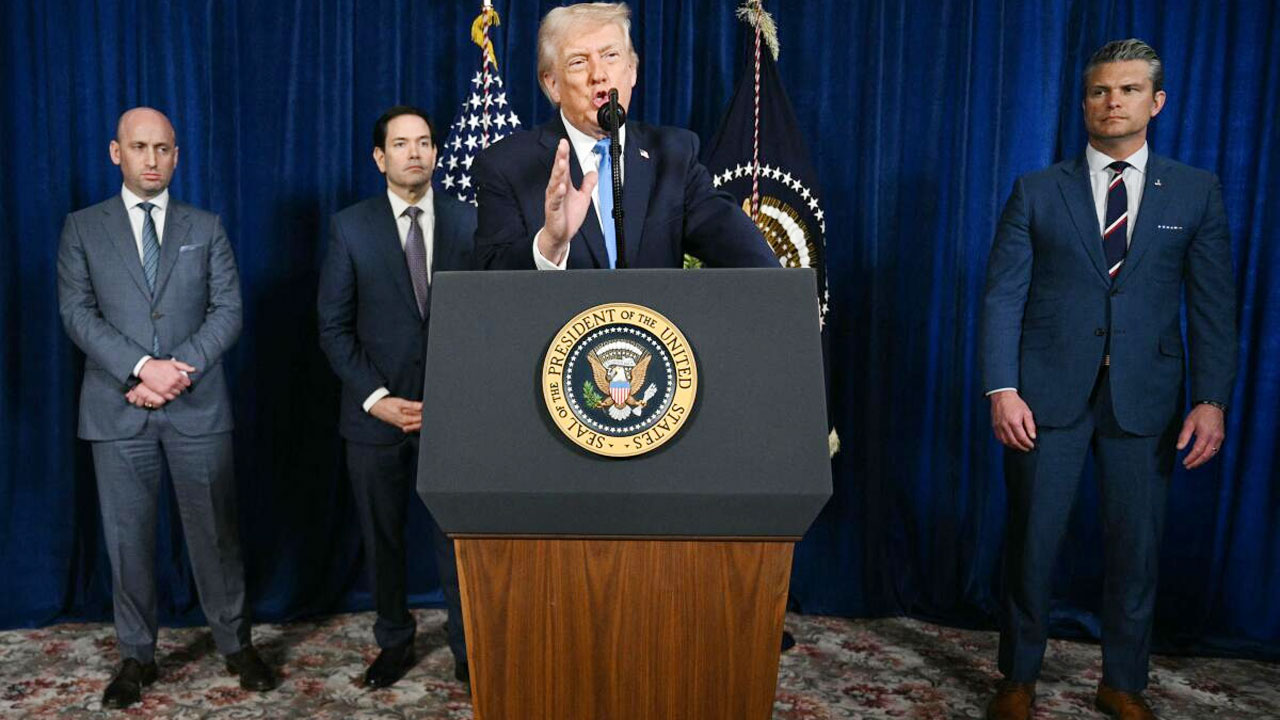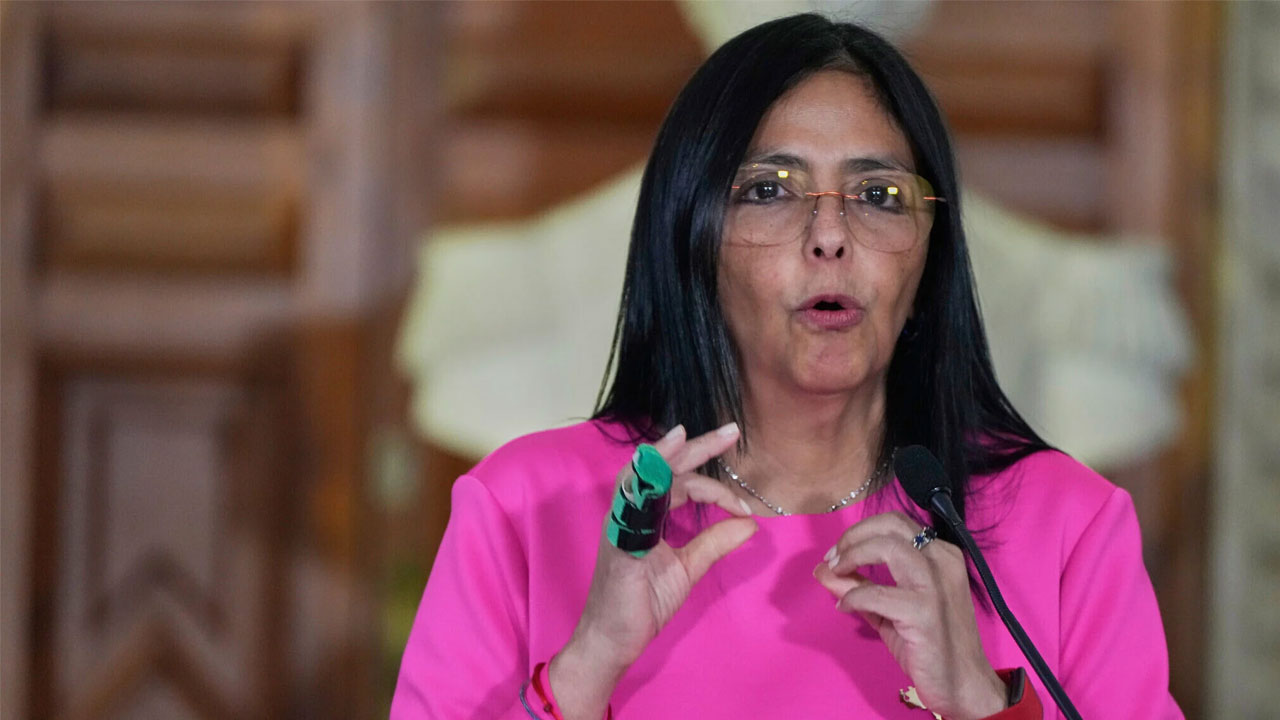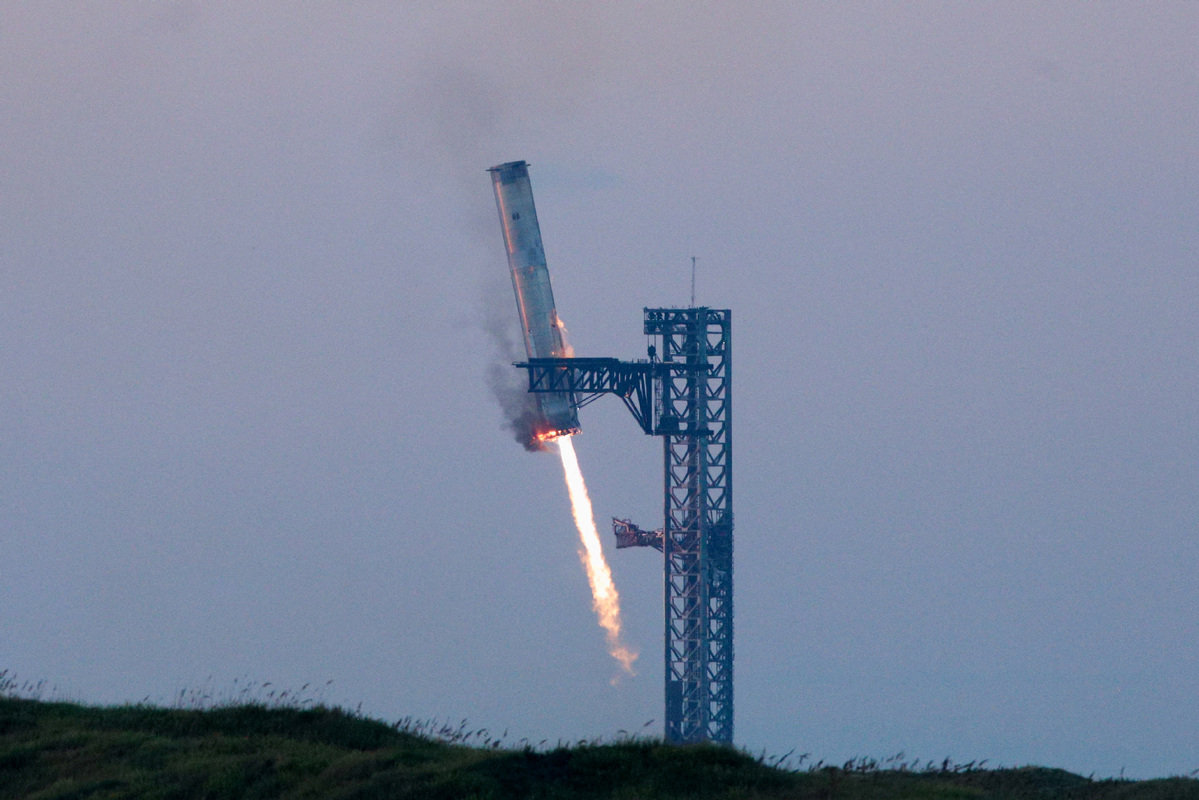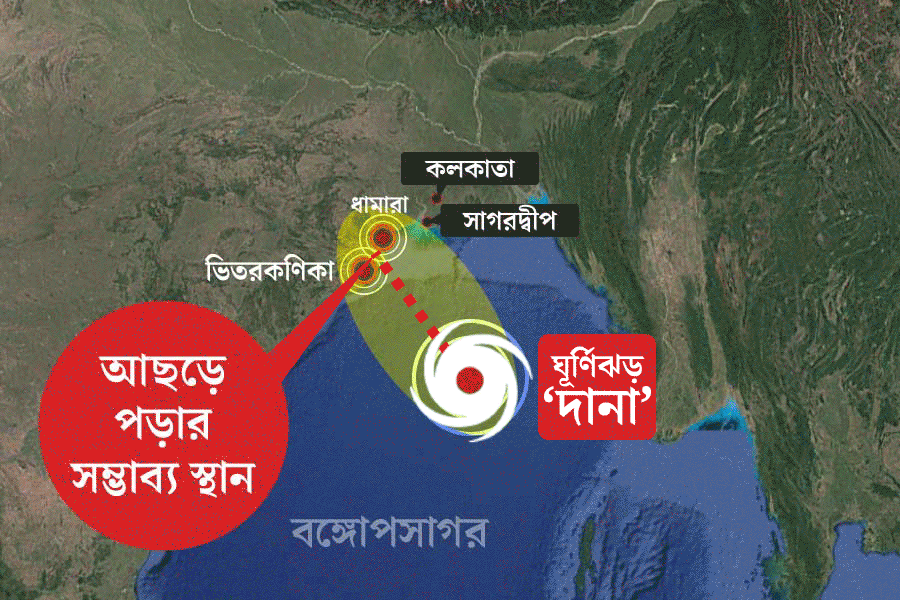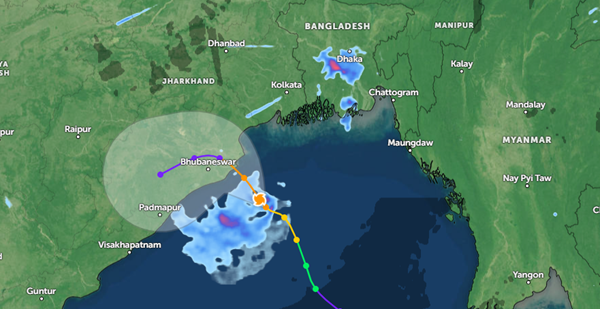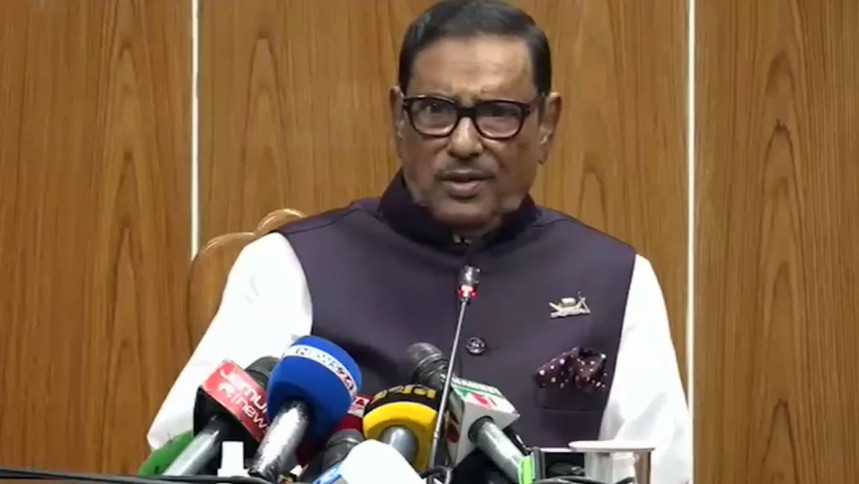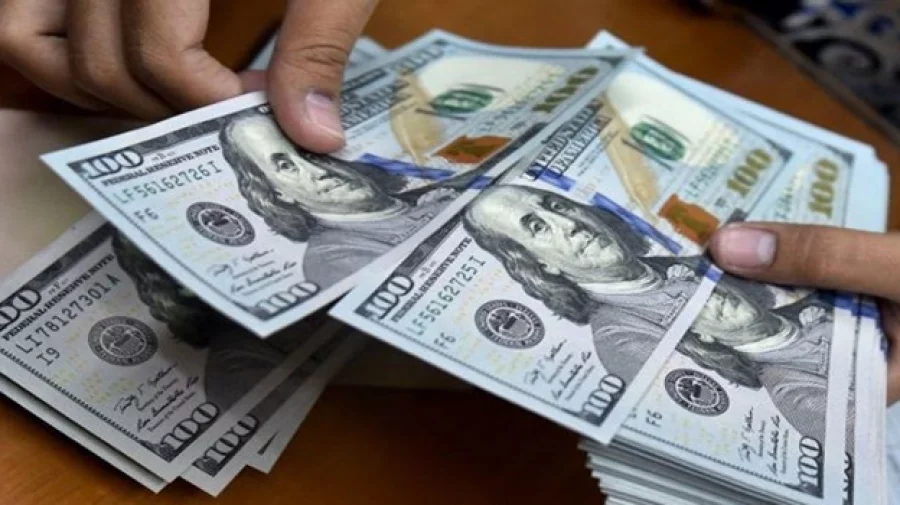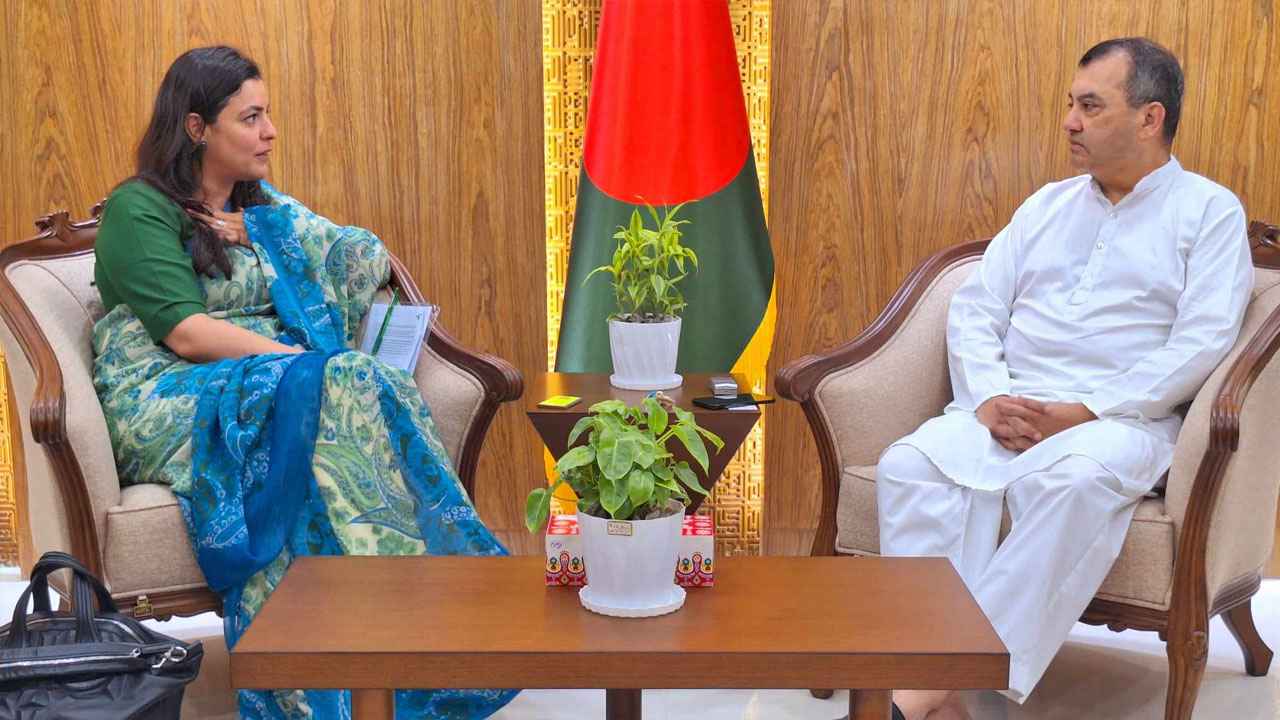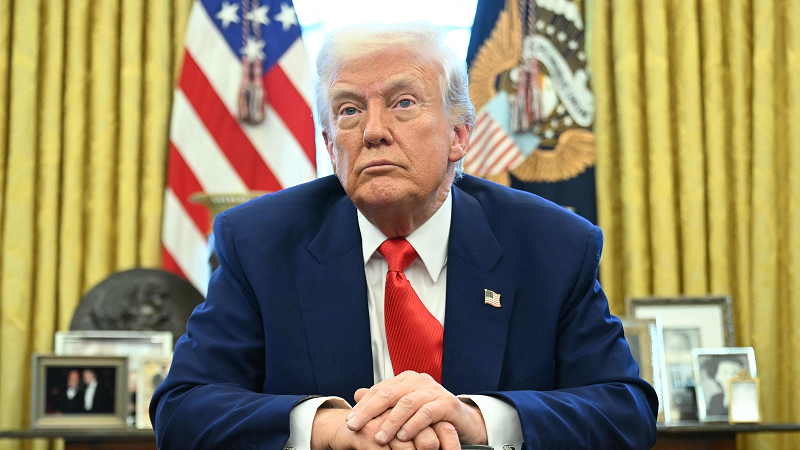
After returning to the White House for a second term, US President Donald Trump has been dealing one blow to the global trading system after another. Last Thursday, Trump announced new retaliatory tariffs on more than 92 countries in a new executive order. According to the new decision, they will take effect in the next seven days. The tariffs that Trump has imposed will ultimately have to be paid by US companies, which import various products from abroad. The impact of the US president's decision on the US and global economies will not be the same.
Revenue will increase
According to calculations by the Yale University Budget Lab, the average effective tariff imposed by the United States on imported goods stood at 18.2 percent as of July 28 of this year, the highest since 1934. Before Trump became president, this average effective tariff was only 2.4 percent in 2024. These additional tariffs will significantly increase US revenue.
The trade deficit is growing
, according to Trump, and the bilateral trade deficit proves that various countries are taking advantage of the United States, selling more goods to the United States and buying less. One of the arguments for imposing tariffs is to eliminate this imbalance. But in reality, it turned out that the amount of imports into the United States has suddenly increased. As a result, the trade deficit has not decreased, but rather increased. Most economists say that the Trump administration will have to struggle to reduce the US trade deficit in the long term.
China is reducing exports
Trump has also imposed punitive tariffs on China, the world's second largest economy. At one point, these tariffs reached 145 percent. Although they have now been reduced to 30 percent, their impact on the trade rivalry between the United States and China is no less. In the first six months of 2025, China's exports to the United States fell by about 11 percent in terms of currency.
Trade deals, among others
Many countries are moving to strengthen trade relations with other countries in response to Trump's trade war, rather than raising retaliatory tariffs. The UK and India have completed trade deals between themselves, which they have been negotiating for three years. Norway, Iceland, Switzerland and Liechtenstein, members of the bloc known as the European Free Trade Association (EFTA), have also reached new trade agreements with a group of Latin American countries known as Mercosur.
The price of goods is rising in the United States.
Economists had previously warned that Trump's tariffs would increase the cost of imports, which in turn would increase the price of goods. It was relatively high in January, at 3 percent. Economists are seeing signs of a change in the situation in the latest government data. This means that the impact of Trump's tariffs is starting to hit the US market.
